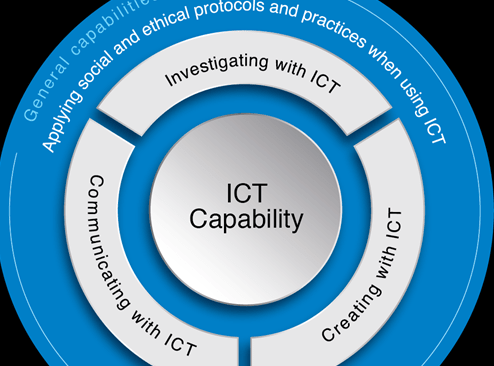
What is political micro targeting?
How political parties, their candidates, observers and citizens use ICTs to interact with the electoral process is now a major feature influencing how electoral management bodies conduct their affairs.
In some jurisdictions, there is a high level of usage of new digital technologies to the point where the whole electoral process is automated.
Advertisement
With this type of high tech use has come the opportunity for political parties’ candidates and campaign offices that used to classify and segment voter populations in order to direct messages in a targeted manner to use the newly developed, political micro-targeting (PMT) tool.
PMT can be described as a disruptive tool which uses different information and communication media such as SMS, messaging systems such as WhatsApp and social media, to interact, communicate and build intimate relationships with existing and prospective voters by sending them personalised messages.
The key driver of PMT is its ability to use data, algorithms, big data and analytics to craft custom-made messages directed at individuals or distinct groups found in any pool of voters. According to studies, the 2008 US presidential elections appear to be the first instance in which PMT was used, although more and more countries are making use of this worldwide and even in Africa.
Though one of the key advantages of PMT includes voter persuasion, creation of interest and excitement around elections, its applications can be used for more sinister operations such as discouraging political participation, especially by ensuring low turnout, creation of disinterest and apathy, dissuading political funding to candidates and political parties as well as spreading disinformation.
How does it work
Similar to digital advertising, PMT uses new digital technologies to gather data for the purpose of profiling individual consumers so as to provide them with precise opportunities based on their characteristics.
The first step in a PMT operation is gathering information about an individual or a group of voters and couching specific messages to meet their peculiar interest and vulnerabilities.
This is possible because digital communication channels offer precise targeting at a cost-effective and efficient manner.
For example, a candidate can direct messages to a group of young voters who do not have trust in the electoral system, with the objective of building their trust in the system as well as getting them to vote using social media channels such as Facebook and Twitter.
\Within the pool of these youth, it can direct specific messages to unemployed youth, first-time voters, youth in employment, youth in urban areas, etc.
Risks and challenges
Key challenges and risks associated with PMT are not different from the ones recorded when it comes to commercial advertising.
There is the possibility of loss of user privacy due to profiling, potential manipulation of voters, selective information exposure, exclusive control of access to voters, smear campaigns, lack of relevant legal and regulatory frameworks to protect consumers (voters) from false and misleading advertising.
Another notable risk is the possibility of foreign entities or state actors, businesses or non-governmental organisations taking advantage of the electoral process.
A case in point is the ongoing issue of Russia’s meddling in the 2018 elections which brought President Donald Trump to power.
Generally, PMT is not a transparent tool which means it is difficult, and often impossible, to identify the actors behind messages.
Data protection laws set up to deal with PMT provide some protection but they do not go far enough, therefore, the legal debates about PMT are far from over.
This is due in part to the desire by lawmakers to promulgate one “universal law” which can deal with the many strands of legal issues surrounding PMT, a fairly impossible feat.
The best practice is for digital intermediaries to disclose political advertising by labelling them as such when they are distributed on social media.
However, in a lot of countries, including Ghana, such obligations are not part of any legal or regulatory provision and so consumer protection in this direction is not available.
PMT in Ghana
To date there is no recorded literature of the impact and scale of political micro targeting. However, there is no doubt that this is now being incorporated in political communication processes worldwide.
In Ghana where the political landscape is as sophisticated as any other, and as the PMT tool evolves in coming years, there will be more and more evidence about how political parties and candidates are leveraging it to influence voters.
In conclusion, political micro targeting is now part and parcel of our electoral space.
However, uncertainties remain about its prevalence, impact, legal ramifications etc. It is, therefore, now important for all stakeholders to come together, discuss it and forge transparent ways of harnessing its potential.
The writer is the Director of Innovations at Penplusbytes.org Writer’s E-mail: [email protected] WhatsApp : 0241995737



